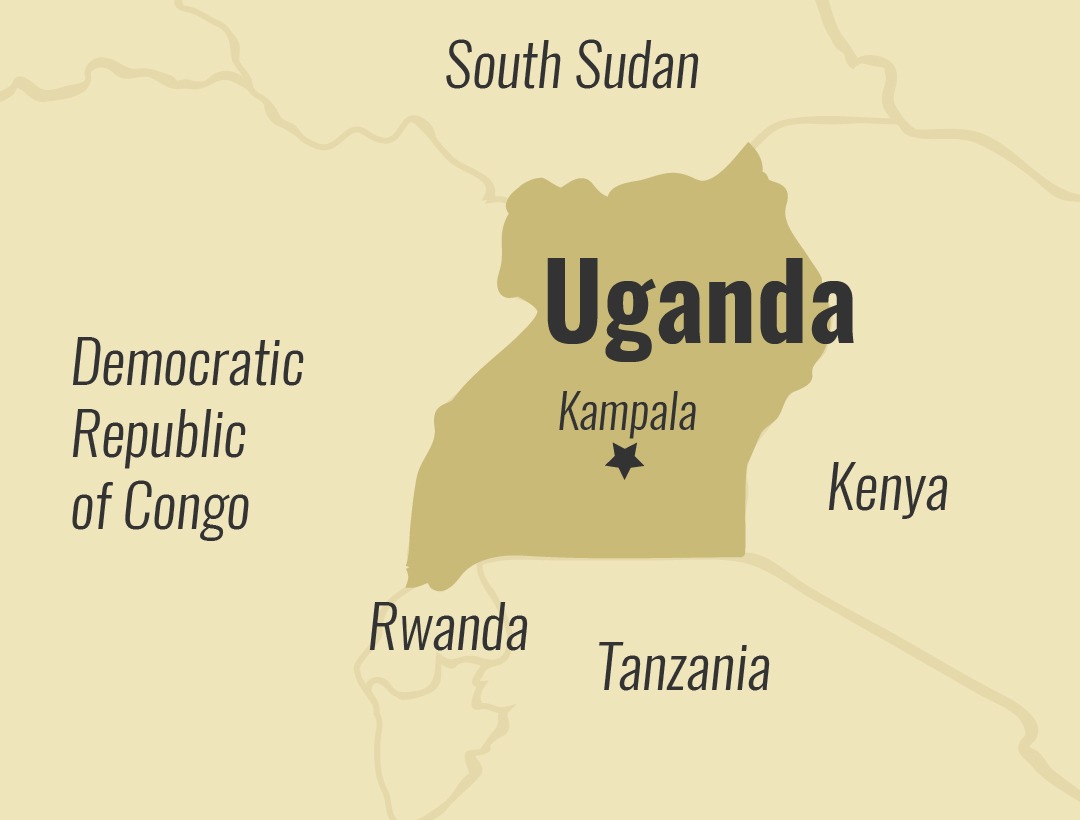
Uganda on high alert over DR Congo mpox outbreak
The World Health Organisation (WHO) says it is concerned the rise in mpox infections in the Democratic Republic of Congo could spread to Uganda.
According to WHO data, 7,852 mpox cases were reported in DR Congo as of May 26. 384 people died.
The WHO further warned that a new variant of clade I MPXV was detected in South Kivu.
“It is unknown if this variant is more transmissible or leads to more severe disease. Additionally, it carries gene deletions that affect diagnoses in the DR Congo,” a WHO report said.
According to the WHO, the new variant is thought to have emerged around mid-September 2023. It carries mutations, which indicate “adaptation of the virus due to circulation among humans” and its human-human transmission has been going on.
“It is not known if this variant is more transmissible or leads to more severe disease than other clade I MPXV strains. Additionally, it carries gene deletions that affect diagnostics in the Democratic Republic of the Congo,” information from the WHO reads.
The WHO also indicates that the disease can be spread from infected animals to humans.
Uganda’s chief epidemiologist in the Ministry of Health, Henry Kyobe, told the Daily Monitor that the country has a robust response strategy to the disease.
“We have a sentinel surveillance beaming into the DR Congo around the Kasese area, looking at designated and non-designated border points.
We have been keenly looking at it for almost three years and counting,” he said.
Mpox symptoms include a rash lasting 2–4 weeks, followed by fever, headache, muscle aches, back pain, low energy and swollen glands.
“Those typically at higher risk of more severe symptoms include people who are pregnant, children and persons who are immunocompromised, including people with untreated and advanced HIV disease,” says the WHO.






